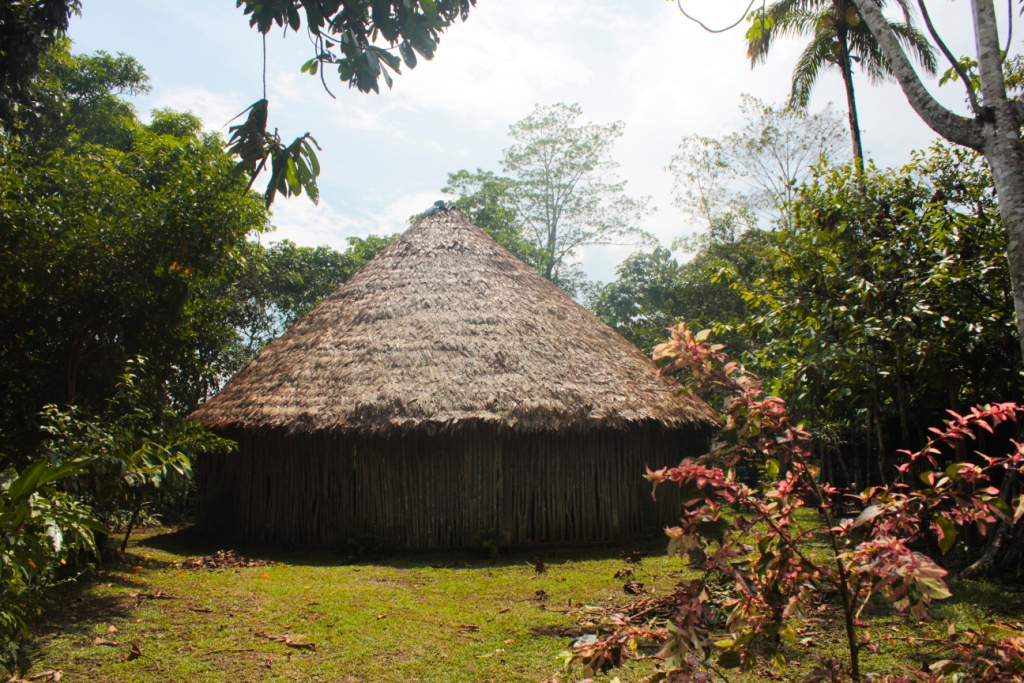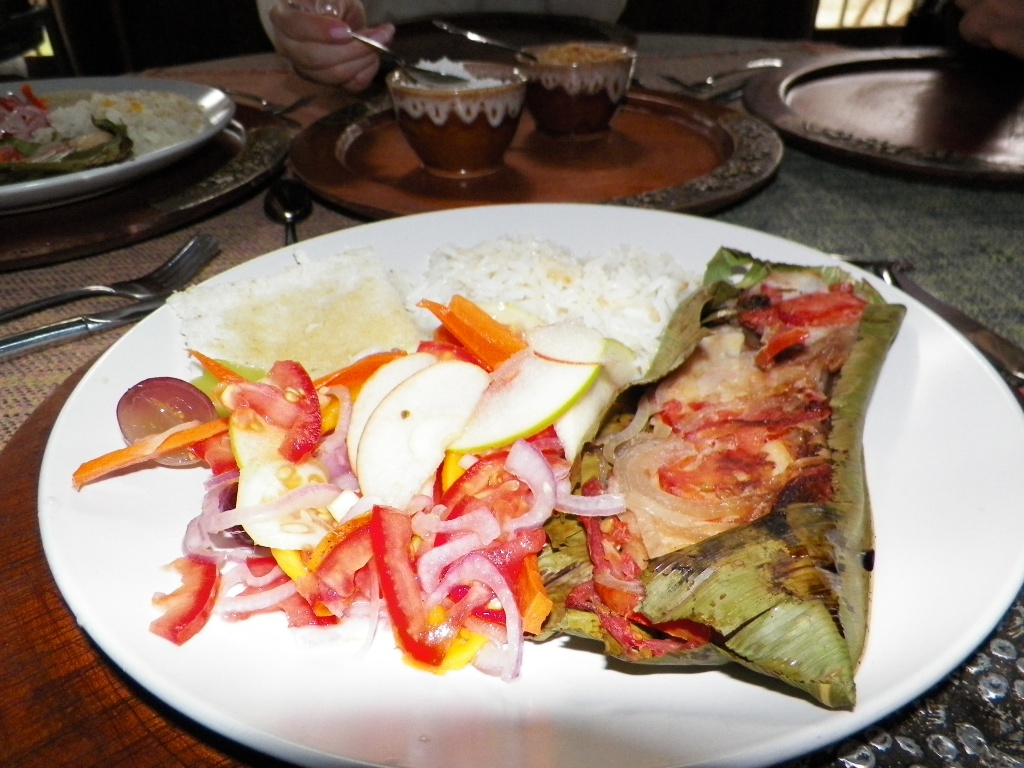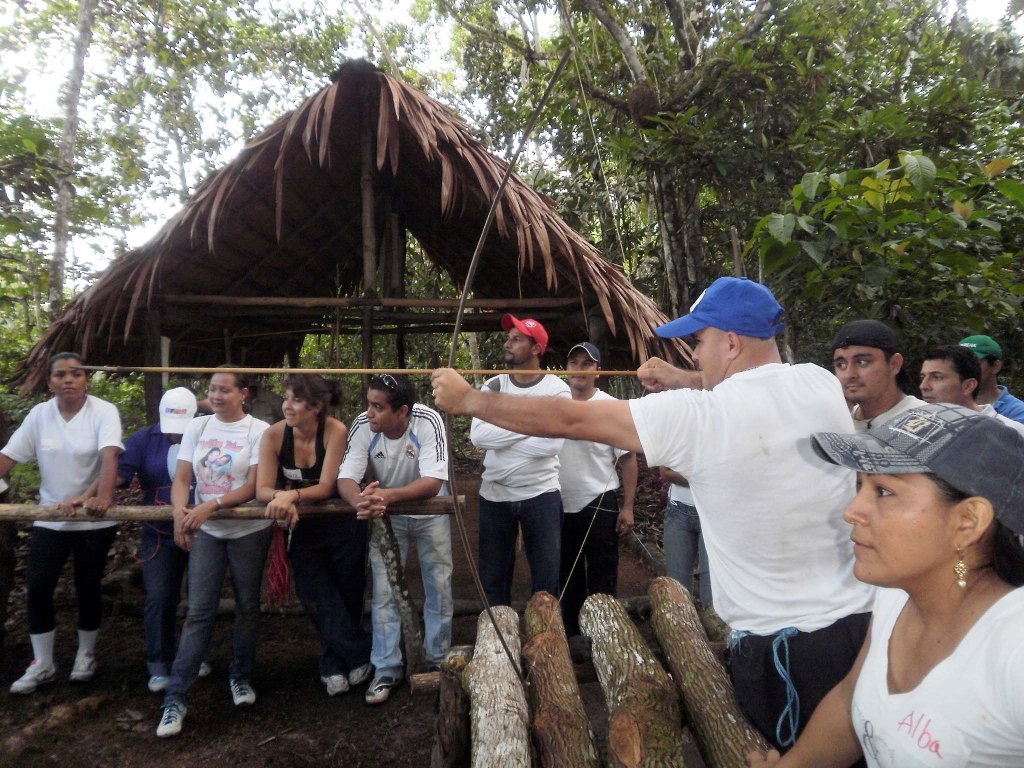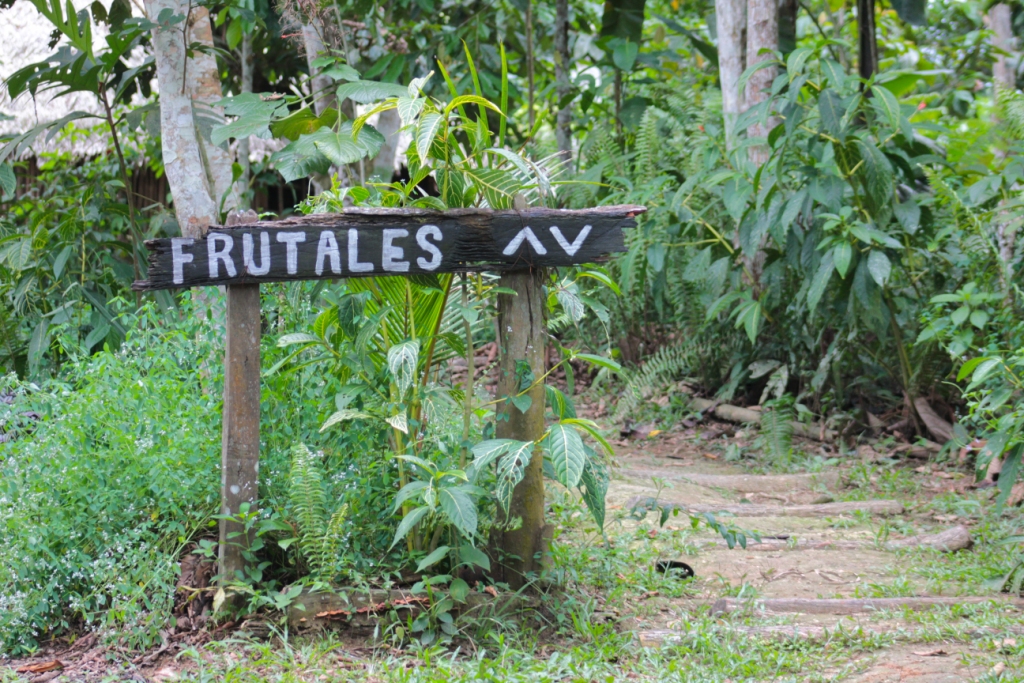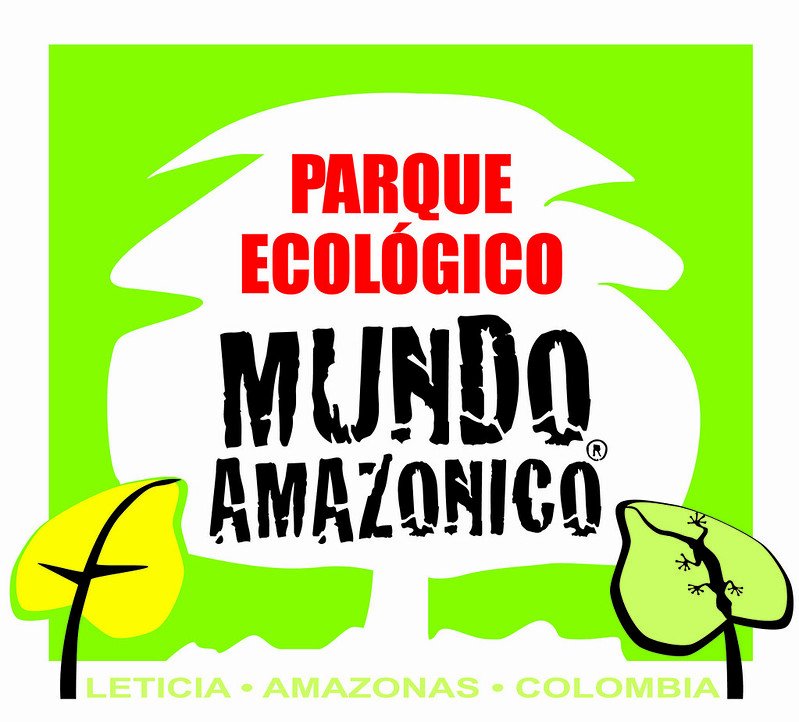
Inaugurated in 2010, near Leticia(Colombia), it derives from a private project for the reforestation of soils eroded by cattle ranching, incorporating criteria of sustainable development and ecological tourism.
Enjoy the fresh air of the Amazon jungle with your family!
Posted by Mundo Amazónico on Wednesday, October 14, 2020
Where is the Mundo Amazonico theme park located?
This park is located at km 7 of the Leticia-Tarapaca highway, being the first and only ethno-botanical and environmental interpretation center in the Amazon.
Source: Mundo Amazónico en Flickr https://flic.kr/p/dpCUtQ
All rights reserved to Mundo Amazonico.
It is a space for observing endemic plants and fruit trees from this region, as well as aquarium fish, which allows learning and assessment of the ecosystem for the conservation of biodiversity, as well as maintaining the culture and traditions of ethnic groups of the region (Instituto Sinchi, 2020).
Practices from the National University of Colombia are also carried out, based on more than 194 species and the knowledge of indigenous communities.
Amazonian gastronomy in the ecological park
Additionally, the park offers a restaurant service to enjoy the local gastronomy, especially the patarasca (fish from the region wrapped in bijao leaves and grilled over charcoal) accompanied by tapioca, fariña, chili tucupí, rice, organic salad and natural juice. of Amazonian fruits (Amazonian World Ecological Park, 2020).
Source: Mundo Amazónico en Flickr
All rights reserved Amazon World
Amazon world theme park attractions
The Amazon World Ecological Park tour includes five routes (Amazon World Ecological Park, 2020):
Botanical Garden
Visit to the park and its ecological trails that includes six educational stations for the knowledge of Amazonian botany, with native interpreters in environmental and agroecological matters; Plants such as yagé, coca, barbasco, and sangre-grado, among others, are found on these trails.
The aquarium
It has more than 40 native species of Amazonian fish, among them the piranha, the macana and the carahuasu, being the first collection for environmental education. In turn, the interpreters narrate the regional legends around these fish.
jungle trail
Ecological walks can be carried out in a tropical humid Amazonian jungle environment, in direct contact with the enjoyment of nature.
culture village
It promotes the exchange of cultures between visitors and local environmental interpreters, sharing tacit knowledge and regional indigenous games, including bow and arrow shooting and darts with blowguns.
All rights reserved Amazon World
Amazon natural products
Knowledge of native plants and fruits of the Amazon, including the cupuaçu, arazá, açaí, and aguaje, which are promising fruits of sustainable and inclusive development projects in the region; its production process is explained (agronomic management and harvest), the beneficial effects of these products on health and beauty, as well as the tasting of the fruits and infusions such as Amazonian tea.
May 13, 2024
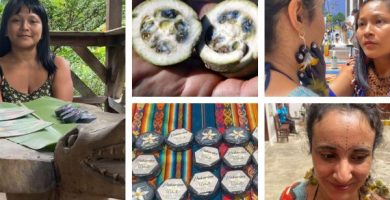
12 reasons why using wituk (Genipa americana)
February 9, 2024

The collagen industry and deforestation in the Amazon: discover sustainable alternatives
August 12, 2022
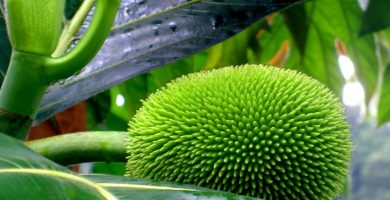
Breadfruit Tree (Artocarpus altilis)
All rights reserved Amazon World
This park has been the winner of several awards, highlighting: In 2001, first place in the National Contest for Venture Entrepreneurs, category Sustainable Use of Biodiversity; in 2012, winner of the Green Business contest, Corpoamazonia; in 2014, Proexport Colombia’s Productive Transformation Program; in 2016 Know How to Do Colombia Award (Amazon World Ecological Park, 2020).
Promotional video of the Mundo Amazonico park
References
- Instituto Sinchi. 2020. Ecoturismo. Parque Ecológico Mundo Amazónico/Leticia, Amazonas. Ecoturismo y tizanas amazónicas, recuperado de https://sinchi.org.co/negocios/parque-ecologico-mundo-amazonico1
- Parque Ecológico Mundo Amazónico. 2020. Recuperado de https://mundoamazonico.com.
Author File

Economist (Central University of Venezuela). Full professor and researcher attached to the “Edgar Abreu Olivo” Agrifood Research Center, Universidad de Los Andes. Doctor from the University of La Laguna (Spain). Award “One of the 10 most consulted authors of the Saber ULA university portal” (2005); prize in the III Essay Contest of the Central Bank of Venezuela BCvoz Economico, 2016, with the work “Theobroma cacao: transformation and consumption of the “food of the gods” in Venezuela and the world” (co-authored).
This post is also available in:
![]() Español (Spanish)
Español (Spanish)

